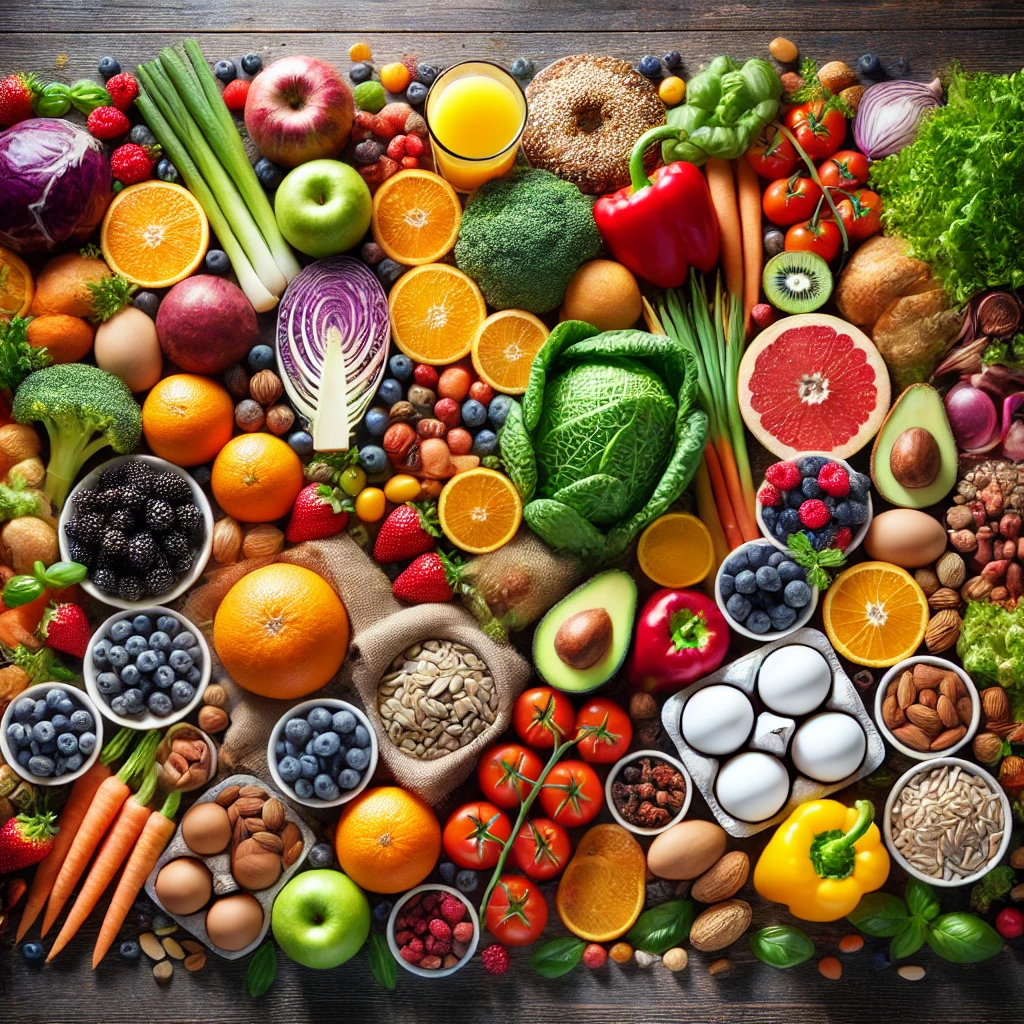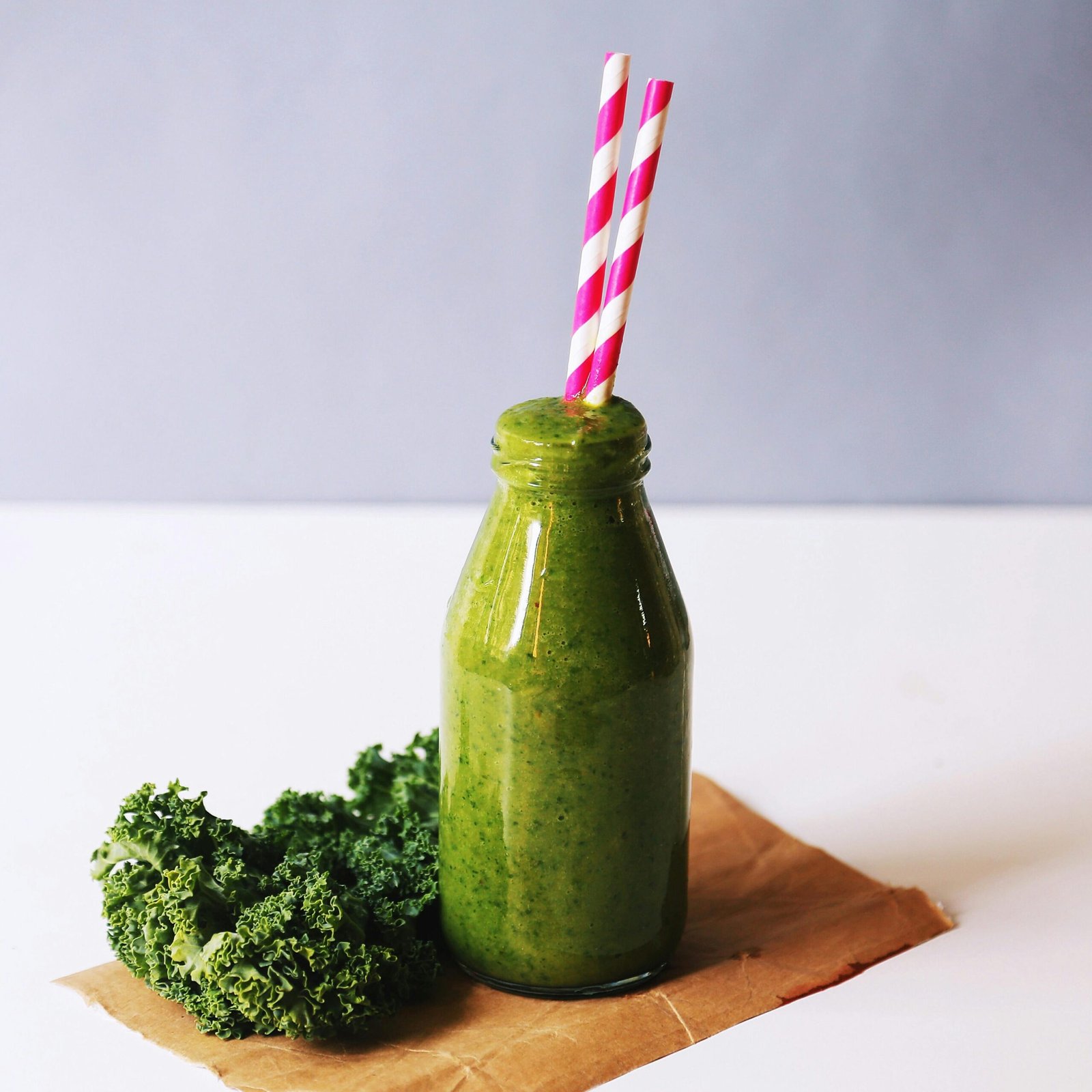
If you’re putting in the work at the gym, staying active, and focused on eating right, you’ve probably heard that “nutrition is key.” But let’s dive into something many people overlook—micronutrients. These little nutrients don’t get the same spotlight as protein or carbs, yet they play a huge role in everything from your energy levels to your immune system. Today, we’ll break down what micronutrients are, why they matter, and how you can make sure you’re getting enough of them.
What Exactly Are Micronutrients?
You’ve probably heard of macronutrients—those are your proteins, carbs, and fats. They give your body energy and keep you fueled. But micronutrients? These are the vitamins and minerals your body needs in smaller amounts but can’t do without. They’re called “micro” because we only need them in tiny quantities, yet they’re absolutely essential for the body to function properly.
Here’s a simple breakdown:
- Vitamins are organic compounds. They come from living things (like plants and animals) and help keep your organs and immune system in top shape.
- Minerals are inorganic and come from the earth. Your body can’t make these, so you need to get them from food or supplements.
Think of your body as a car. Macros (protein, carbs, fats) are like the fuel in your tank, but micronutrients? They’re the oil, spark plugs, and the inner mechanics. Ignore them, and your “engine” will run into problems sooner or later.
Why Micronutrients Are Essential
Let me tell you something from personal experience. Back in college, I was a gym rat. Protein shakes? Check. Carbs timed perfectly post-workout? Check. But I’d feel oddly tired, sometimes drained in a way I couldn’t shake, no matter how much I slept. My coach suggested I might be low on some vitamins or minerals. Turns out, I was severely lacking in iron and B vitamins. Once I started paying attention to micronutrients, I got my energy back.
Micronutrients impact your:
- Immune system – Vitamins like C and D help you fight off colds and infections. Kiwis and oranges are high in vitamin C, but so are leafy greens. If you have trouble consuming leafy greens because of how you’ve had them, I’d recommend sauteing some spinach or swiss chard with salt, pepper, and garlic. It’s a pretty simple way to get your vegetable intake without sacrificing flavor. Pair this up with a protein of your choice and you have a solid meal!
- Energy levels – B vitamins are a big one here; they help convert food into energy. There are 8 water-soluble B vitamins with various benefits. I personally take a B-complex supplement daily because the body does not store B vitamins and we need to get them regularly. Fun fact: vitamin B6 in particular, or pyridoxine, helps stabilize your mood, cope with stress, and regulate your body’s magnesium levels. It’s been shown in PubMed that it helps reduce feelings of anxiety and depression. While I take it in supplement form, foods that are high in vitamin B6 include fish, poultry, beef, pork, and liver.
- Bone strength – Calcium and Vitamin D team up to keep your bones and teeth strong. Consider getting the vitamin D3K2 supplements because the K2 or menaquinone, ensures you don’t overstock on calcium.
- Muscle function and recovery – Magnesium and potassium help muscles recover faster. Did you know, you need 4700 mg of potassium intake a day? A banana which generally has around 420 mg isn’t going to cut it. Having multiple bananas isn’t the way to go either because you’d be overloading on your carbohydrates and fructose intake. Instead, consume more leafy greens and avocadoes for a more potent source of potassium and magnesium!
Neglecting these micronutrients can leave you feeling sluggish or even lead to some health issues down the line.
Essential Micronutrients and Their Benefits

Vitamins
Vitamin C: The Immunity Powerhouse
Vitamin C does a lot more than just help you avoid the sniffles. It’s an antioxidant, which means it helps protect your cells from damage. Plus, it’s essential for skin health. If you’re hitting the gym hard, you need your immune system strong, so stock up on Vitamin C-rich foods like leafy green vegetables, strawberries, and bell peppers.
Vitamin D: The Sunshine Vitamin
Living in a place with minimal sunlight? That’s tough because Vitamin D is made naturally in your skin when it’s exposed to sunlight. Vitamin D is essential for bone health and plays a role in mood regulation. If you’re feeling low energy or even a bit down, low Vitamin D might be the culprit. Consider foods like fatty fish, fortified dairy, or even a supplement if sunlight isn’t an option.
B-Complex Vitamins: The Energy Crew
The B vitamins are essential for converting food into energy, helping with brain function, and maintaining healthy blood cells. B12 is especially important if you’re vegetarian or vegan, as it’s mostly found in animal products. Foods like whole grains, eggs, and dark leafy greens will help keep your B levels in check.
Minerals
Iron As The Key to Optimal Oxygen Flow
Iron is like your body’s oxygen carrier. It binds to red blood cells and helps transport oxygen to every part of your body. Low iron is pretty common, especially for active people, and can lead to fatigue and even anemia. Foods like spinach, lean meats, and legumes are great sources.
Calcium Benefits for Bone Health
Calcium is well-known for keeping bones and teeth strong. But did you know it also plays a role in muscle function? That’s right. Your muscles, including your heart, need calcium to contract properly. Dairy products, leafy greens, and fortified plant-based milks are great ways to get your daily dose.
Magnesium’s Secret to Soothing Sore Muscles
Ever had muscle cramps? Magnesium might be the answer. This mineral plays a role in muscle relaxation and recovery, so if you’re serious about performance, it’s a must-have. Nuts, seeds, and dark chocolate are excellent sources.
Getting Enough Micronutrients Through Food Vs. Supplements

The Power of Real Food
The best way to get your micronutrients is through a balanced diet. Whole foods like vegetables, fruits, lean meats, and grains provide a natural balance of nutrients. Here’s a list of foods that pack a micronutrient punch:
- Leafy greens for magnesium, calcium, and Vitamin K.
- Citrus fruits for Vitamin C.
- Nuts and seeds for Vitamin E, magnesium, and zinc.
- Fish for Vitamin D and B12.
Mix up your meals to cover all bases. A salad here, some fish there—diversity in your diet is the simplest way to get what you need.
When to Consider Supplements
Supplements can be a great help, especially if you’re following a restrictive diet (like vegan or keto) or if you have specific health needs. Just don’t go overboard. More isn’t always better with micronutrients, and taking too much can actually harm you. For example, excessive Vitamin D or iron can cause issues, so it’s best to consult a professional before you start loading up on pills.
I once made the mistake of taking a multivitamin “just in case” and found myself feeling worse because I was overdosing on some vitamins that I didn’t actually need. Lesson learned: only supplement when you truly need to.
Practical Tips to Keep Your Micronutrients in Check
1. Plan Your Plate
Think of every meal as an opportunity to cover a variety of nutrients. Include colorful veggies, a source of protein, and some whole grains. Colorful plates tend to have a wider variety of vitamins and minerals.
2. Track Your Nutrients
If you’re detail-oriented, try using a nutrition app to track your intake. Apps like MyFitnessPal or Cronometer allow you to monitor not just your macros but also your vitamins and minerals. It might seem overkill, but it’s worth a try if you want to optimize your health.
3. Get Tested Regularly
Blood tests aren’t just for when you feel sick. Consider getting your vitamin and mineral levels checked once a year. I did this recently, and it was eye-opening. Knowing where you stand with nutrients like Vitamin D and iron can help you make targeted adjustments rather than guessing.
4. Balance and Moderation
With micronutrients, balance is everything. No need to obsess, just focus on a well-rounded diet. If you’re hitting all the main food groups and keeping your meals diverse, you’re probably getting most of what you need.
The Takeaway With Micronutrients As the MVPs of Your Health
Micronutrients might not give you the quick gains of protein shakes or the immediate energy of carbs, but they’re the silent partners in your health journey. They support your immune system, boost your energy, and keep your bones and muscles strong. So next time you’re planning your meals or thinking about your diet, remember the small things—they make a big difference.
Start with the basics, see what your body responds to, and make adjustments over time. In the end, you’ll be doing your body a huge favor by taking care of these “micro” essentials. Just like anything worthwhile, it’s a long game, but the benefits last a lifetime.

